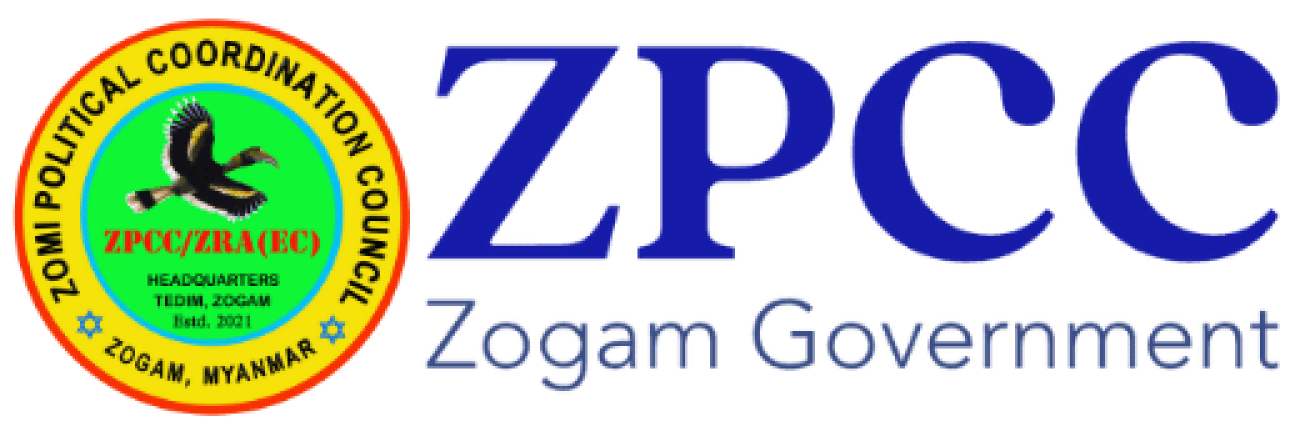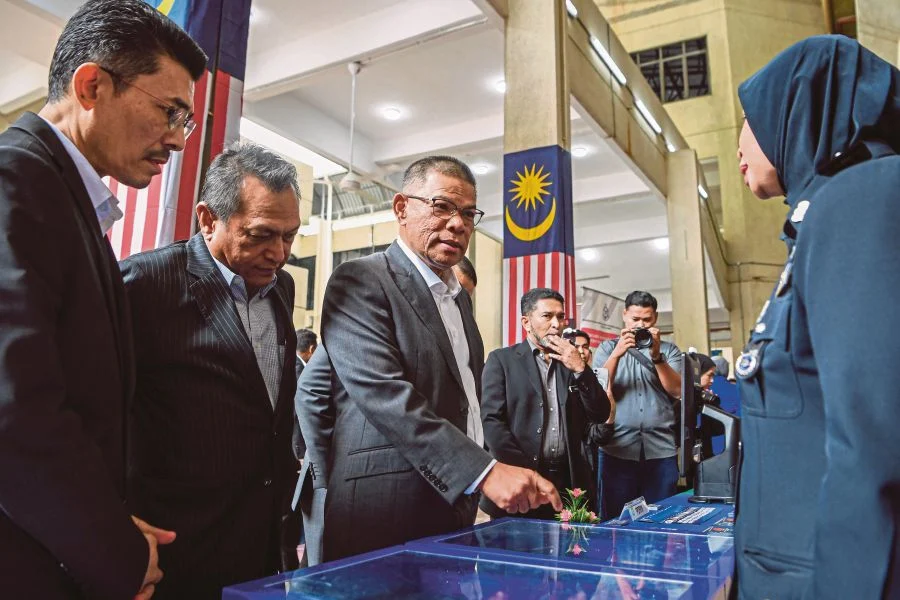Overview
In a major policy shift, Malaysia has announced the launch of a national refugee registration system, known as the Refugee and Asylum Seeker Database (DPP). This government-led initiative aims to replace sole reliance on the United Nations High Commissioner for Refugees (UNHCR) and centralize refugee data through biometric enrollment at more than 77 Immigration Department offices nationwide. While this shift may improve data management, it raises complex issues for refugee privacy, safety, employment, and the future of third-country resettlement, especially for Myanmar and Zomi nationals.
Key Pros of Malaysia’s New System:
- Expanded Access: With multiple offices across the country, refugees no longer need to travel to Kuala Lumpur for registration.
- Data Credibility: Biometric enrollment may help reduce fraud and fake UNHCR card circulation.
- Potential Pathways: The structured registry could potentially lay the groundwork for future refugee work rights or limited legal recognition.
Key Cons and Concerns:
- Privacy Risks: Unlike the UNHCR, the Malaysian government is not bound by international refugee protection protocols. Data could be shared with security agencies or misused.
- Fear of Detention: Refugees already fearful of immigration authorities may avoid registration, especially as initial enrollees were taken from detention centers.
- Weakened Resettlement Links: Centralizing control may sideline the UNHCR, affecting the pipeline for third-country resettlement, particularly for those awaiting relocation to the U.S., Canada, or Australia.
- Lack of Legal Foundation: According to Adrian Pereira of the North South Initiative, Malaysia lacks a legal framework to manage refugee registration credibly. The initiative mirrors the earlier failed Tracking Refugee Information System (TRIS) and may result in further mismanagement, exploitation, and lack of transparency.
Impact on Myanmar and Zomi Nationals Zomi and other ethnic minorities from Myanmar form a significant portion of the refugee population in Malaysia. These communities have fled ethnic cleansing, civil war, and religious persecution. With Malaysia not recognizing refugee status under domestic law, Zomi nationals rely heavily on the UNHCR for documentation and protection.
The new DPP system risks undermining this lifeline. If access to UNHCR services or referrals becomes limited, thousands may find themselves unprotected and invisible to international aid mechanisms. Pereira emphasizes that refugee status determination requires trained personnel, translators, and adherence to international protocols—something the Malaysian government currently lacks. He calls for a refugee law, accession to the 1951 Refugee Convention, and the creation of a third-party body to ensure neutrality and competence.
US Refugee Resettlement Policy Changes: Implications for Zomi Refugees. Since the military coup in Myanmar on February 1, 2021, the U.S. refugee resettlement program has faced delays, capacity constraints, and shifting political priorities. A recent federal court order mandates the Biden administration to process a backlog of up to 12,000 refugees, but logistical challenges and vetting bottlenecks remain.
For Zomi refugees, the combination of Malaysia’s restrictive framework and slow U.S. processing means an uncertain future:
- Fewer UNHCR Referrals: If the Malaysian government limits UNHCR operations, fewer Zomi refugees may be able to access the vetting pipeline.
- Longer Wait Times: Even with approval, Zomi applicants face long delays due to low staffing and security clearances.
- Private Sponsorship Opportunities: Programs like “Welcome Corps” in the U.S. may offer alternative channels, but they require advocacy, sponsorship matching, and coordination with diaspora communities.
Employment Outlook and Government Position. While Malaysia is not a signatory to the 1951 Refugee Convention, it has taken humanitarian approaches in limited contexts. The government recently announced efforts to allow UNHCR-registered refugees to work legally under a new directive. Federal Territories Minister Dr. Zaliha Mustafa noted that the policy is still under development and would be tied to labor sector demands.
The Institute for Democracy and Economic Affairs (IDEAS) commended this initiative as a positive step toward economic inclusion, noting that legal work rights for refugees could reduce exploitation, support labor market needs, and generate over RM6.5 billion in GDP contributions by 2040. IDEAS called for a clear legal framework, a formal work permit system, and enforceable protections to ensure fair wages and treatment. Additionally, they highlighted digital inclusion progress through the UNHCR-TNG Digital partnership, enabling refugees’ access to e-wallets.
However, Adrian Pereira counters that enforcement inconsistencies and a lack of standard operating procedures continue to leave refugees vulnerable to arrest and exploitation despite existing directives like NSC Directive 23.
ZPCC Media’s Reflection: While Malaysia’s move toward structured refugee registration may appear efficient, it lacks the transparency and human rights guarantees needed to truly protect vulnerable communities. Refugees are not just data points; they are individuals fleeing unimaginable trauma and persecution.
For Zomi nationals, both in Malaysia and globally, the ZPCC calls for:
- Continued UNHCR presence and function in Malaysia.
- International monitoring of the DPP system to ensure it does not violate refugee rights.
- Development of a comprehensive refugee law and Malaysia’s accession to the 1951 Convention.
- Increased advocacy for expedited U.S. resettlement, especially under humanitarian parole and Welcome Corps.
- Support for community-based protection networks and Zomi-led organizations assisting refugees.
Conclusion: Credible data is essential for refugee management, but dignity and safety must never be compromised. As global resettlement shrinks and host nations tighten their policies, the Zomi community must strengthen its advocacy, amplify its voice, and ensure that no one is left behind in the shadows of bureaucracy.
References:
- Hakim, L. (2025, July 8). New refugee registration system lacks legal foundation, says NGO. New Straits Times. https://www.nst.com.my/news/nation/2025/07/1032846/new-refugee-registration-system-lacks-legal-foundation-says-ngo
- Bernama. (2025, July 8). Home Ministry to implement refugee registration system for accurate data. Malay Mail. https://www.malaymail.com/news/malaysia/2025/07/08/malaysia-cites-unhcr-data-sharing-delays-in-move-to-launch-own-refugee-registration-system/183225
- New Straits Times. (2025, February 12). Government refining details for UNHCR refugees to work legally – Zaliha. https://www.nst.com.my/news/nation/2025/02/1014273/government-refining-details-unhcr-refugees-work-legally-zaliha
- Business Today. (2025, February 14). Giving Employment Rights For Refugees Commended But Ensure No Exploitation: IDEAS. https://www.businesstoday.com.my/2025/02/14/giving-employment-rights-for-refugees-commended-but-ensure-no-exploitation-ideas/
#ZomiRefugees #MalaysiaDPP #UNHCR #RefugeeRights #ZPCCMedia #ZomiUnity


